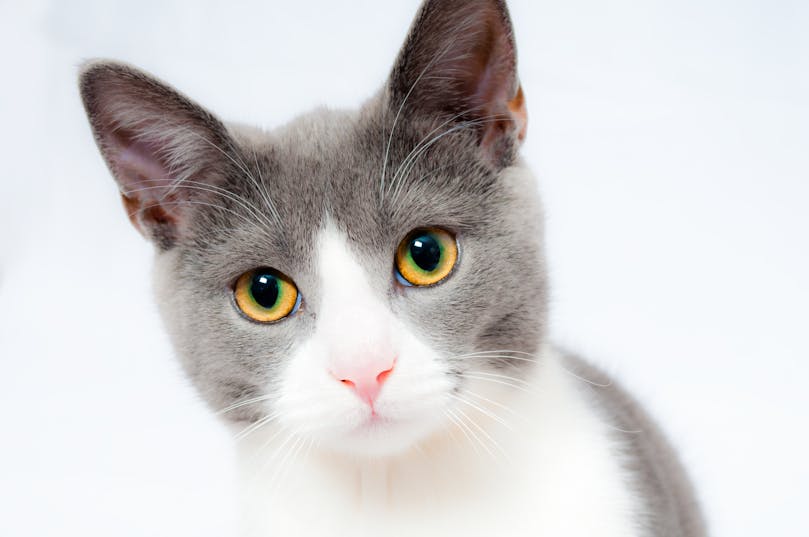As pet owners, we love filling our homes with lush greenery and colorful blooms. But did you know that some common plants can be toxic to your furry friends? Dogs and cats are naturally curious and may nibble on leaves or flowers, which could lead to serious health issues. The good news? Many plants are safe, and with a little guidance, you can keep your pets happy and your home beautiful.
🩺 Vet Recommendations
Knowing which plants are toxic or safe for your pets is essential for their well-being. While some plants can cause mild irritation, others may lead to severe poisoning or even be fatal. Here’s what every pet parent needs to know:
- Many common houseplants and garden plants are toxic to pets, so it’s important to research before bringing plants into your home.
- Symptoms of plant toxicity can range from drooling and vomiting to difficulty breathing or kidney failure.
- Safe plant choices can help you maintain a pet-friendly environment without sacrificing greenery.
If you suspect your pet has ingested a toxic plant, contact a vet immediately. Quick action can make a big difference.
📋 Care Tips
Let’s break it down into two lists: toxic plants to avoid and pet-safe plants you can enjoy without worry.
Toxic Plants to Avoid
Many popular houseplants and garden favorites are harmful to dogs and cats. Keep these plants out of reach or out of your home:
- Lilies: Extremely toxic to cats; even small amounts can cause kidney failure.
- Sago Palm: Highly poisonous to both dogs and cats; ingestion can lead to liver failure.
- Aloe Vera: While beneficial for humans, it can cause vomiting and diarrhea in pets.
- Philodendrons: Can irritate the mouth and throat, leading to drooling and difficulty swallowing.
- Dieffenbachia: Causes oral irritation, excessive drooling, and vomiting when chewed.
- Foxglove: Contains compounds that can cause heart issues, vomiting, and death if ingested.
According to the ASPCA, even small amounts of certain plants like lilies can be life-threatening for cats (source).
Pet-Safe Plants
Fortunately, there are many plants that are safe for pets and can still brighten your home:
- Spider Plant: A hardy, low-maintenance plant that’s safe for both dogs and cats.
- Areca Palm: Also known as the butterfly palm, it’s non-toxic and adds a tropical vibe.
- Parlor Palm: A classic, pet-safe houseplant that’s easy to care for.
- Calathea: Known for its striking patterned leaves, it’s safe for pets.
- Bamboo: True bamboo species are non-toxic and safe for curious nibblers.
- Herbs like Basil, Thyme, and Rosemary: Safe for pets and perfect for a kitchen garden.
Adding these plants to your home can create a vibrant, pet-friendly space without the worry.
✅ Do’s and Don’ts
Here are some simple tips to keep your pets safe while enjoying your plants:
Do:
- Research any plant before bringing it home to ensure it’s non-toxic to pets.
- Place plants out of reach, especially if your dog or cat tends to chew on things.
- Use deterrent sprays to discourage pets from nibbling on plants.
- Regularly inspect your plants for signs of chewing or damage.
Don’t:
- Assume a plant is safe just because it’s popular or looks harmless.
- Leave cut flowers or bouquets within reach; some may contain toxic varieties like lilies or tulips.
- Ignore symptoms like vomiting, drooling, or lethargy after your pet has been near plants.
Creating a pet-friendly home takes a little effort, but it’s worth it to keep your furry friends safe and healthy.
💡 Expert Advice
When it comes to plants and pets, knowledge is power. By choosing pet-safe plants and keeping toxic ones out of reach, you can create a harmonious home for everyone. Always act quickly if you suspect your pet has ingested a toxic plant—time is critical in preventing serious complications.
If you’re ever unsure about a specific plant or your pet’s symptoms, consult a veterinarian immediately. Better safe than sorry.
FAQs
Q: My cat chewed on a lily leaf. What should I do?
A: Lilies are highly toxic to cats and can cause kidney failure. Contact your vet or an emergency pet poison helpline immediately.
Q: Are succulents safe for pets?
A: Some succulents, like Haworthia, are safe, but others, such as Jade plants, are toxic. Always verify the specific type of succulent before bringing it home.
Q: How can I stop my dog from eating houseplants?
A: Place plants out of reach, use pet-safe deterrent sprays, and provide plenty of chew toys as alternatives.
Book a $49 online vet consultation at https://www.dialavet.com for fast, expert advice.























